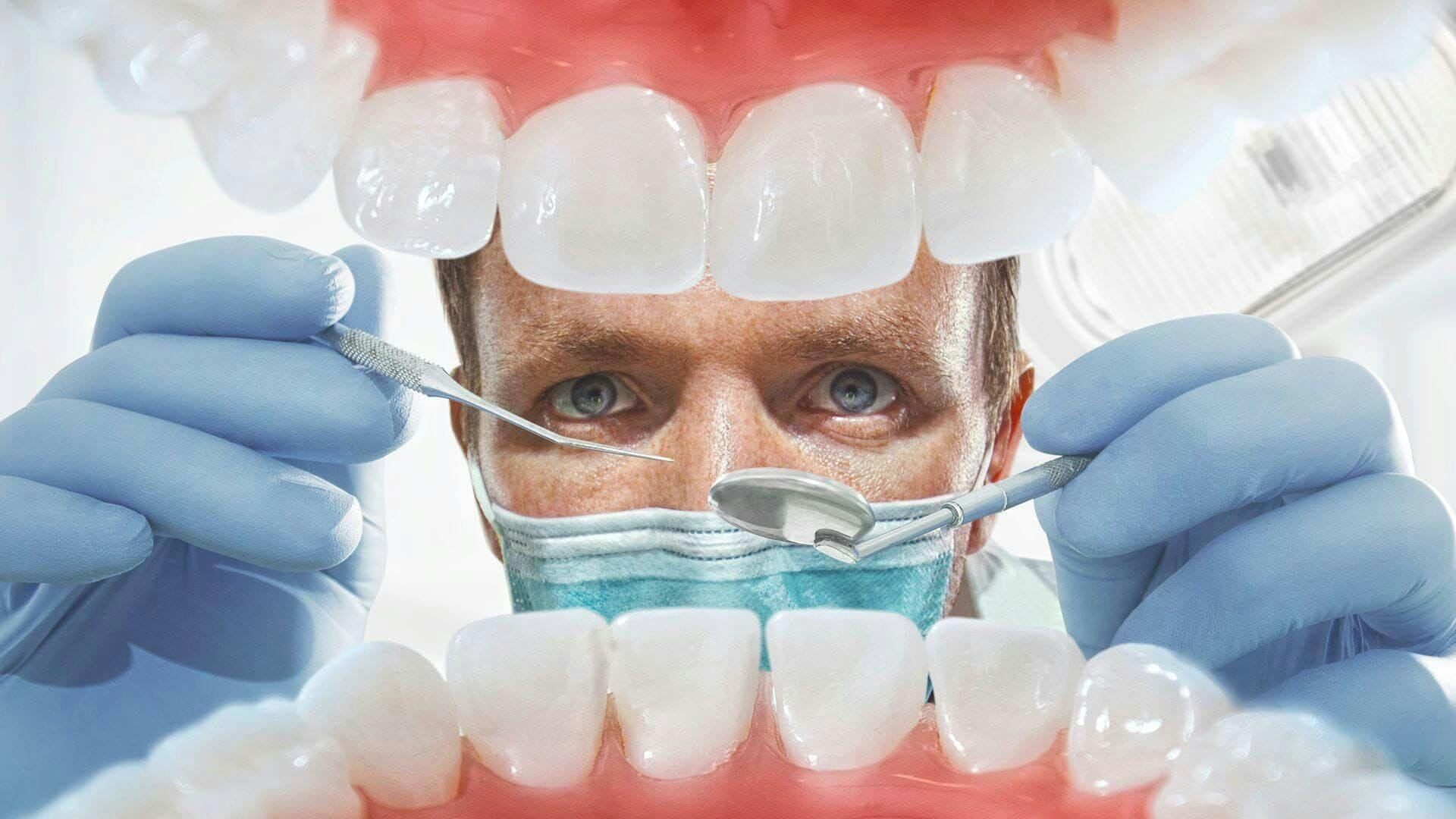Typical Concerns Regarding Dental Veneers Answered
Oral veneers have ended up being a progressively popular alternative for those looking to enhance their smiles, yet several individuals remain uncertain regarding numerous elements of their use. Trick questions commonly develop concerning the application process, durability, and possible risks connected with these cosmetic enhancements. The difference in between porcelain and composite veneers can significantly influence one's choice. As we discover these typical questions, it comes to be important to think about not only the benefits however additionally the implications of going with oral veneers in search of a more certain look. What factors should one evaluate before making such a decision?
What Are Dental Veneers?
Oral veneers are slim, tailor-made shells crafted from porcelain or composite resin that are designed to cover the front surface area of teeth. These dental prosthetics offer both useful and aesthetic purposes, giving a solution for various oral imperfections, including staining, chips, spaces, and misalignment. By adhering to the teeth, veneers can dramatically boost the general look of a smile, producing a more consistent and attractive look.
Porcelain veneers are specifically preferred for their natural clarity and discolor resistance, making them a suitable selection for people seeking long-lasting outcomes. In comparison, composite resin veneers are generally more economical and can be applied in a solitary see, however they might not offer the very same resilience as porcelain options.
The choice to choose oral veneers often originates from a wish for visual enhancement, however patients must also consider elements such as the long life of the material, maintenance requirements, and the prospective demand for tooth reduction (Veneers). Eventually, oral veneers represent a reliable and functional service for achieving a radiant smile, catering to specific aesthetic requirements while advertising self-confidence and self-confidence
How Are Veneers Applied?
The application process for veneers calls for careful preparation and precision to guarantee optimal outcomes. The procedure commonly starts with a detailed appointment, where the dentist examines the person's oral health and wellness, reviews wanted end results, and establishes the appropriate kind of veneers, whether porcelain or composite material.
Once the therapy plan is developed, the dental professional prepares the teeth by getting rid of a thin layer of enamel, typically about 0.5 mm to 1 mm, to suit the veneer. This action is vital as it makes sure an appropriate fit and stops the veneers from showing up cumbersome - Porcelain Veneers Washington DC. After prep work, impressions of the teeth are taken to create custom veneers that match the person's distinct dental structure and aesthetic preferences
While the long-term veneers are being produced in a dental lab, momentary veneers may be put to shield the prepared teeth. As soon as the permanent veneers prepare, the dental professional will carefully bond them to the teeth making use of a solid oral adhesive. Final changes are made to guarantee correct positioning and attack, followed by polishing for a natural look. The procedure culminates in a follow-up visit to check the veneers' fit and the client's contentment with their new smile.
What Are the Benefits?

Furthermore, veneers are understood for their durability and resistance to staining compared to natural teeth. Made from top quality products such as porcelain or composite resin, they can keep their look for years with correct treatment. This long life makes them a sensible financial investment in one's oral look.
Along with visual enhancements, veneers can also contribute to improved dental wellness. By covering harmed or compromised teeth, they can offer added assistance and defense, helping to avoid more decay or degeneration. This safety web link facet can reduce the need for more comprehensive oral treatments in the future.

Exactly How Long Do They Last?
With correct care and maintenance, dental veneers can last anywhere from 10 to 15 years, making them a lasting remedy for enhancing one's smile. The durability of veneers greatly depends on the product used, the high quality of the preliminary placement, and the client's adherence to oral health methods.
Porcelain about his veneers are recognized for their sturdiness and resistance to discoloration, usually lasting closer to the 15-year mark when cared for appropriately. Compound veneers, while more affordable, may need substitute earlier, usually within 5 to 10 years as a result of their susceptibility to wear and discoloration.

In addition, wearing a mouthguard during sporting activities or nighttime can give extra security. Inevitably, while veneers provide a substantial aesthetic enhancement, their durability is substantially affected by the commitment to appropriate oral care and routine appointments with a dental specialist.
Are There Any Type Of Dangers?
Taking into consideration the transformative impacts of oral veneers, it's vital to acknowledge the prospective threats associated with their application. While veneers can enhance the look of teeth, the treatment entails the elimination of a thin layer of enamel, which can raise tooth level of sensitivity and susceptability to decay.
One significant risk is the possibility of improper placement or suitable, leading to pain, bite imbalance, and even damage to the underlying tooth structure. In addition, if the veneers are not preserved appropriately, they can come to be blemished or chipped over time, necessitating replacement.
Patients may also experience sensitive reactions to the materials used in the veneers, particularly if they have sensitivities to specific oral compounds. While veneers are long lasting, they are not unbreakable; too much pressure from squeezing or grinding can lead to fractures.
It is important for individuals to seek advice from a qualified dental specialist to evaluate their private risks and to adhere to aftercare directions vigilantly. By comprehending these dangers, clients can make enlightened decisions concerning their dental veneer treatment and make sure the long life and success of their improvements.
Conclusion
In recap, dental veneers represent a valuable cosmetic service for boosting smiles, with factors to consider regarding their application, benefits, long life, and linked dangers. Their effectiveness is affected by aspects such as the option of material, with porcelain offering exceptional longevity compared to composite choices. Proper treatment and upkeep are important to maximize the lifespan of veneers. Eventually, informed decision-making relating to oral veneers can bring about acceptable visual end results and improved dental wellness.
Oral veneers are slim, custom-made shells crafted from porcelain or composite resin that are created to cover the front surface of teeth. After prep work, perceptions of the teeth are taken to create customized veneers that match the individual's special oral framework and aesthetic preferences.
While the permanent veneers are being made in an oral research laboratory, temporary veneers may be positioned to secure the ready teeth. When the permanent veneers are ready, the dentist will meticulously bond them to the teeth making use of a solid oral adhesive. Inevitably, educated decision-making regarding oral veneers can lead to satisfying aesthetic outcomes and improved oral health and wellness.
Comments on “Why Veneers Are the Perfect Option for a Magnificent Smile in Washington DC”